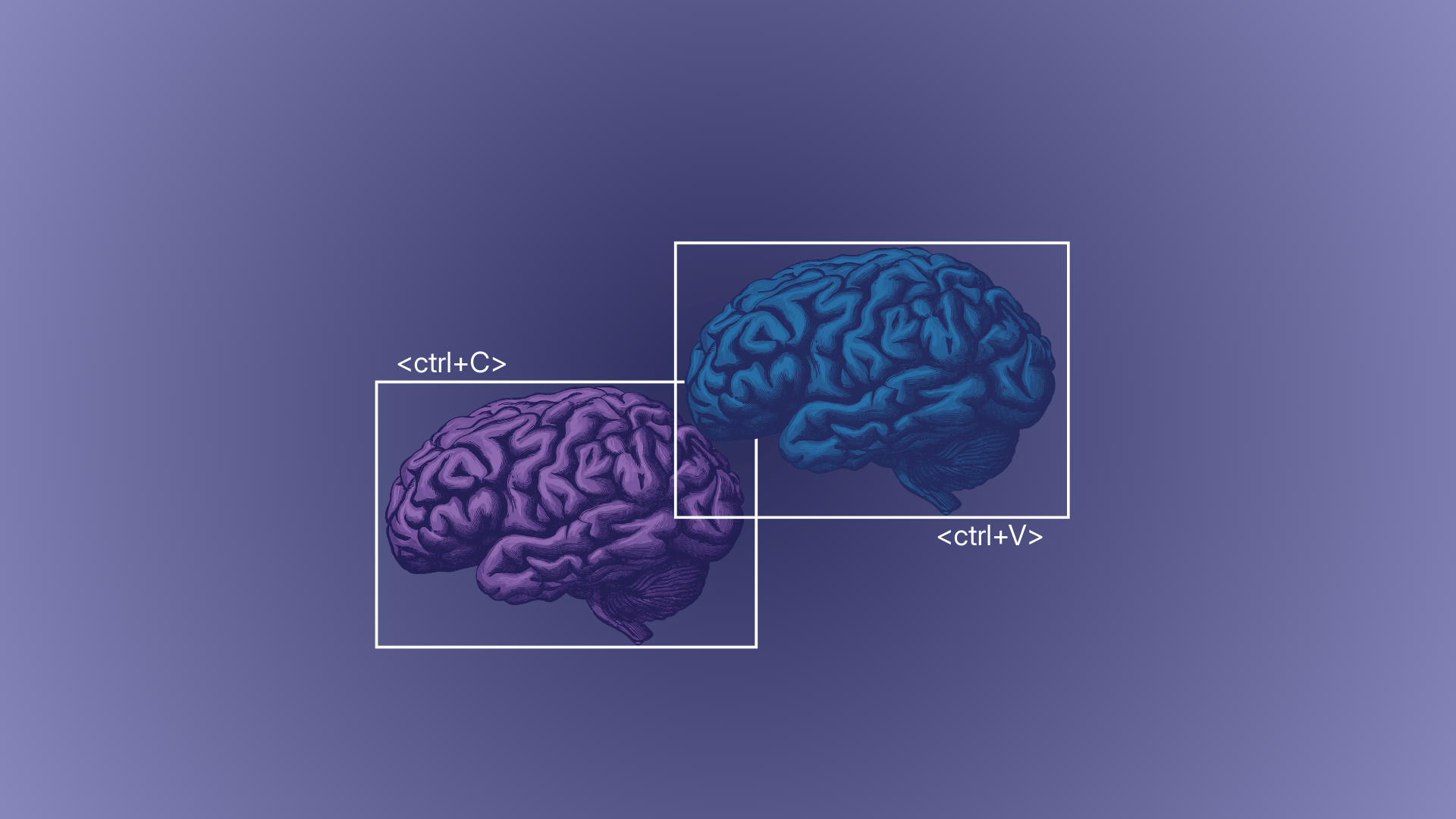From “Second Brain” to Superpower
We’ve all had that moment: you know you wrote that idea down somewhere… in a note, a doc, a DM, a voice memo… and it’s gone. Meanwhile, AI is out here writing code, summarizing meetings, and passing bar exams. The real unlock isn’t just more output — it’s turning your messy, lived experience into something compounding and valuable.
That’s where Individual AI — your “second brain” — comes in.
The shift: AI from tool to teammate
For years, AI meant recommendation systems and autocomplete. Now, generative AI can draft emails, summarize research, and even reason across documents in natural language. McKinsey estimates generative AI could add $2.6 to $4.4 trillion in value to the global economy every year, largely by augmenting knowledge work and decision-making.McKinsey & Company
But the real story isn’t just macroeconomics. It’s personal.
Harvard Business School professor Karim Lakhani frames it simply: “AI won’t replace humans — but humans with AI will replace humans without AI.”Harvard Business Review
In other words: the question isn’t “Will AI take my job?” It’s “Will I be the person who knows how to work with it?”
Enter the “second brain”
Productivity thinkers like Tiago Forte popularized the idea of a “Second Brain”: an external system to capture ideas, organize knowledge, and unlock creativity on demand. Forte Labs Traditionally, that meant notes apps and clever tagging systems. Helpful, sure — but still a lot of manual work.
AI changes the equation.
Instead of you hunting through folders, a Individual AI can:
- Ingest everything – notes, emails, PDFs, transcripts, call summaries.
- Understand context – not just keyword search.
- Think with your voice – draft replies, strategies, or scripts that sound like you, based on your past decisions and writing.
- Surface patterns – spot themes in your deals, clients, projects, or life decisions you didn’t realize were there.
This is where a “second brain” stops being a filing cabinet and starts feeling like a partner.
Why this is bigger than just productivity hacks
Generative AI isn’t just making individuals faster; it’s reshaping how value is created. McKinsey projects that generative AI could boost labor productivity growth by up to 0.6 percentage points annually through 2040, depending on adoption.McKinsey & Company
Analysts are just as bullish at the market level. Goldman Sachs recently argued the AI boom is “barely begun,” estimating that widespread AI adoption could lift U.S. labor productivity by about 15% over the next decade and add up to $20 trillion to the U.S. economy.Business Insider
Zoom back down to the individual: if AI is going to create that kind of uplift, the people who benefit most are the ones turning their knowledge, experience, and relationships into compounding assets — not just tasks checked off a list.
Turning your experience into a living asset
You don’t need to be a technical founder or creator to start building an Individual AI that works like a second brain. A practical way to think about it:
- Capture everything, automatically
Route calls, meeting notes, documents, and threads into a single AI-accessible memory. If your AI can’t “see” it, it can’t help you with it. - Let AI do the first draft of everything
Emails, proposals, follow-ups, personal reflections. Your job becomes editor and decision-maker, not perpetual blank-page fighter. Studies on generative AI in work settings consistently show large time savings for drafting and summarization tasks, especially for less-experienced workers.McKinsey & Company - Ask better questions of your own life
Instead of “What should I do?” ask:- “Based on my past decisions, what patterns do you see when things worked?"
- “What did I learn from clients I actually liked working with?”
- “How have I talked about my values over time?”
- “Based on my past decisions, what patterns do you see when things worked?"
That’s where your Individual AI stops being a buzzy toy and starts acting like a long-term partner in your career, your business, and even your relationships.
The punchline?
AI isn’t just about writing faster or automating rote tasks. It’s about encoding your experience so it keeps paying you back — in better decisions, clearer thinking, and new ways to monetize what you already know.
Humans with AI won’t just outperform humans without AI. The humans whose second brain is uniquely theirs — shaped by their stories, scars, and skills — are the ones who win longest.



